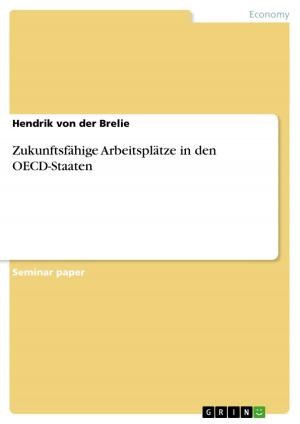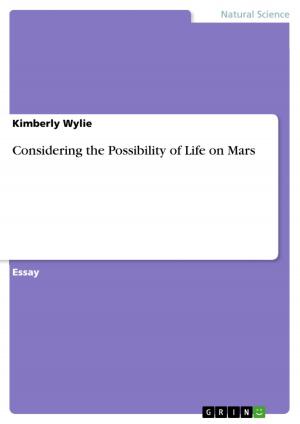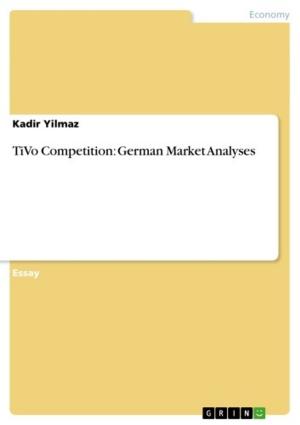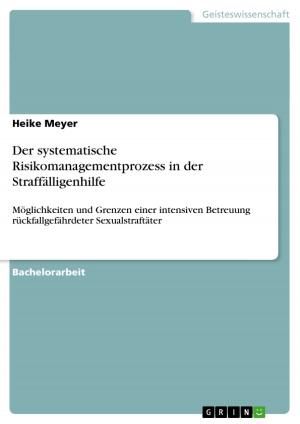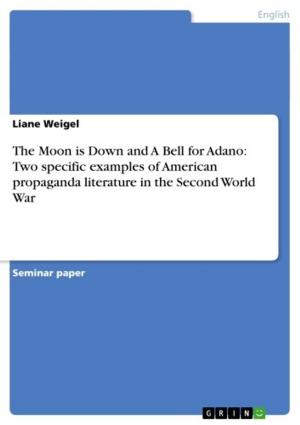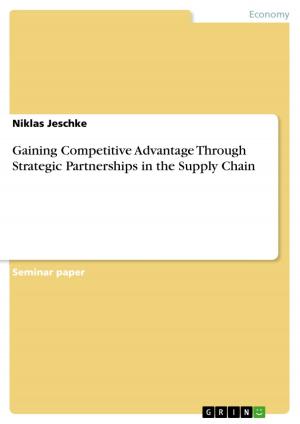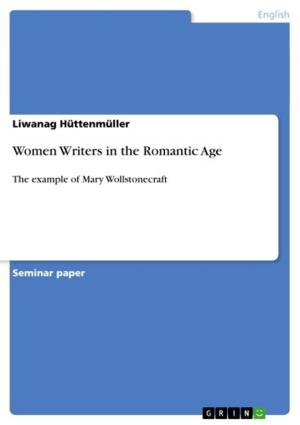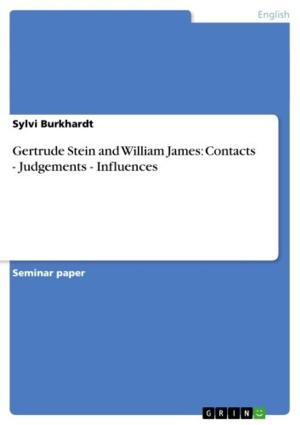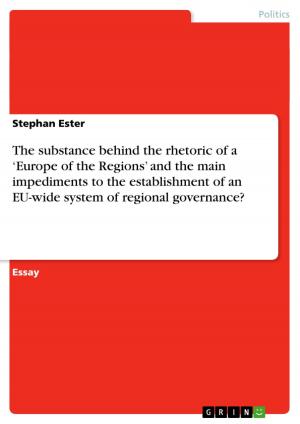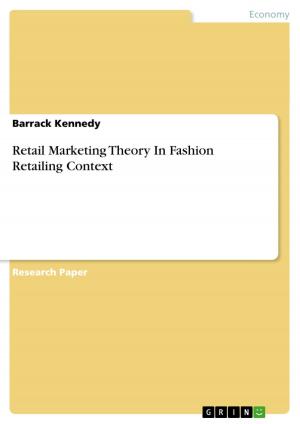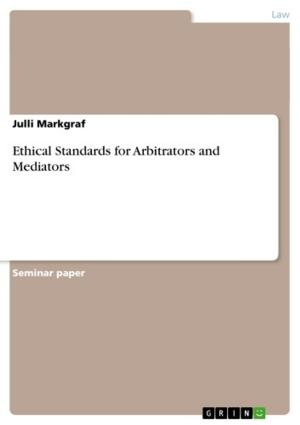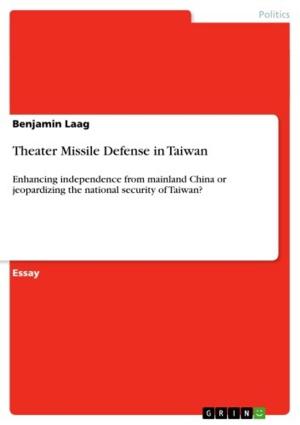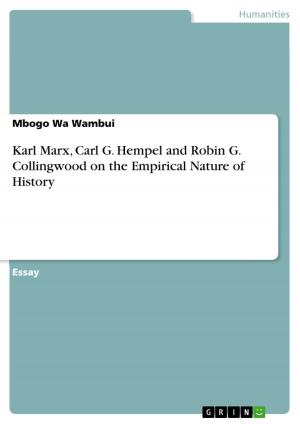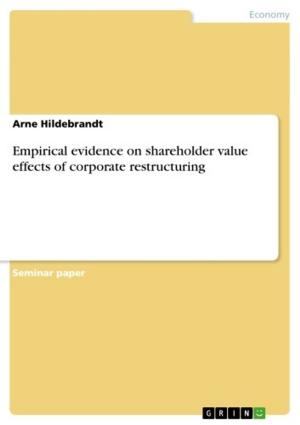Effects of Deregulation in the Aviation Industry
Nonfiction, Science & Nature, Science, Biological Sciences, Environmental Science| Author: | Barbara Bilyk | ISBN: | 9783640463923 |
| Publisher: | GRIN Publishing | Publication: | November 2, 2009 |
| Imprint: | GRIN Publishing | Language: | English |
| Author: | Barbara Bilyk |
| ISBN: | 9783640463923 |
| Publisher: | GRIN Publishing |
| Publication: | November 2, 2009 |
| Imprint: | GRIN Publishing |
| Language: | English |
Seminar paper from the year 2009 in the subject Politics - International Politics - Environmental Policy, grade: Distinction, Swinburne University of Technology, Melbourne, course: Aviation Regulation, Environment and Operation , language: English, abstract: Starting in the USA where deregulation of air transportation began in the late seventies, this trend was observable throughout Europe in the eighties and Australia at the beginning of the nineties. The major arguments for liberalisation were in general a reduction of capacity constraints and a simplified market access (Himpel & Lipp 2006, p.26). Constitutional for these ideas is the theory of contestable markets which assumes the efficiency of competition with a free market entry and market exit. Therefore deregulation processes aim at providing a better, safer and more efficient industry. However, Geoffrey Thomas (2008) among others points out that in reality the liberalisation of air transportation has caused predominantly negative outcomes which is why there should be a return to some degree of regulation. Based on Thomas' train of thoughts, this research paper is aimed at critically evaluating the effects of liberalisation both on the aviation industry and on the consumer. The paper is therefore structured as follows: after revealing the limitations of the evaluation, positive effects of liberalisation in Europe, the United States and Australia are outlined which are then opposed to negative effects. Based on these findings, a conclusion is finally drawn.
Seminar paper from the year 2009 in the subject Politics - International Politics - Environmental Policy, grade: Distinction, Swinburne University of Technology, Melbourne, course: Aviation Regulation, Environment and Operation , language: English, abstract: Starting in the USA where deregulation of air transportation began in the late seventies, this trend was observable throughout Europe in the eighties and Australia at the beginning of the nineties. The major arguments for liberalisation were in general a reduction of capacity constraints and a simplified market access (Himpel & Lipp 2006, p.26). Constitutional for these ideas is the theory of contestable markets which assumes the efficiency of competition with a free market entry and market exit. Therefore deregulation processes aim at providing a better, safer and more efficient industry. However, Geoffrey Thomas (2008) among others points out that in reality the liberalisation of air transportation has caused predominantly negative outcomes which is why there should be a return to some degree of regulation. Based on Thomas' train of thoughts, this research paper is aimed at critically evaluating the effects of liberalisation both on the aviation industry and on the consumer. The paper is therefore structured as follows: after revealing the limitations of the evaluation, positive effects of liberalisation in Europe, the United States and Australia are outlined which are then opposed to negative effects. Based on these findings, a conclusion is finally drawn.

